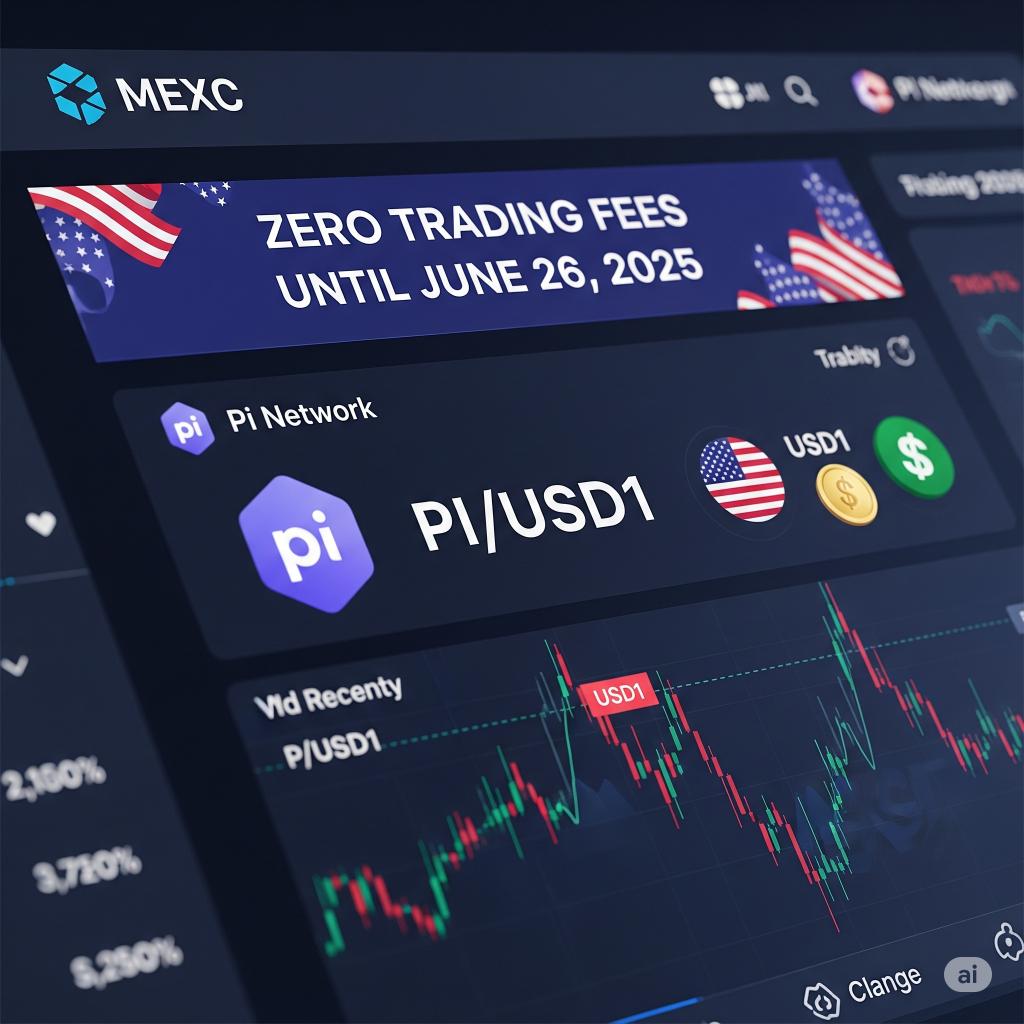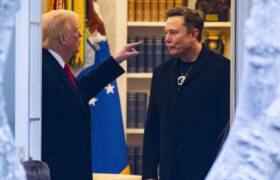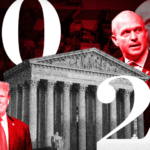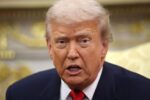Former U.S. President Donald Trump has sharply criticized tech billionaire Elon Musk following reports that the Tesla and SpaceX CEO is preparing to launch a new political party in the United States. Referring to Musk as a “train wreck,” Trump’s statement marks a serious escalation in what was once viewed as a strategic, if informal, alliance between two of the most influential figures in American public life.
The fallout appears to stem from Musk’s announcement that he is considering the creation of a centrist, tech-focused political movement, aimed at disrupting what he has described as the “corrupt, outdated duopoly” of the Republican and Democratic parties. According to sources close to Musk, the new party would champion free speech, technological advancement, fiscal moderation, and deregulation, all while rejecting what Musk calls “political extremism from both sides.”
A Former Alliance Unravels
Until recently, Trump and Musk had maintained a relatively cordial relationship. During Trump’s presidency, Musk was invited to the White House on several occasions and served on various business advisory councils. Though Musk later distanced himself from the Trump administration following the withdrawal from the Paris Climate Accord in 2017, both figures often aligned on matters of free market economics, deregulation, and skepticism of legacy institutions.
However, tensions began to rise as Musk’s public persona evolved into one increasingly centered around political independence and cultural disruption. His recent acquisition of X (formerly Twitter) and advocacy for an “absolute free speech platform” has drawn both praise and criticism across the political spectrum. Trump, known for his dominance over the conservative media ecosystem and the Republican base, may now see Musk as a threat to his political influence, especially ahead of the 2024 election cycle.
Trump Responds: “A Train Wreck Looking for a Stage”
In a statement released through his campaign team, Trump did not mince words:
“Elon Musk is a train wreck looking for a stage. He has no idea what it takes to lead a nation. Building cars is not the same as building a country. He should stick to rockets.”
The comment was widely interpreted as an effort to undermine Musk’s political credibility, portraying him as an outsider unqualified for national leadership. Trump’s language also echoes a broader pattern in his rhetoric—targeting former allies or prominent figures who he perceives as disloyal or potentially competitive.
Musk’s Vision: Tech Meets Governance
According to leaked documents and unnamed advisors, Musk’s political party—rumored to be named the “American Forward Party” or the “TechnoCentrist Movement”—would be funded in part by Musk’s own fortune and supported by a network of tech entrepreneurs, independent voters, and moderate politicians.
Musk has not officially confirmed the launch date of the party, but has hinted at upcoming “civic initiatives” that could lay the foundation for an alternative political infrastructure, including digital voting platforms, decentralized fundraising, and candidate endorsement systems based on public polling.
While many remain skeptical of Musk’s political aspirations, others argue that his ability to rally global attention, mobilize online communities, and attract independent thinkers could pose a real challenge to the existing two-party system.
Political Analysts Weigh In
Political analysts are divided on the impact Musk’s move could have on the upcoming elections. Some argue that a third party would simply split the Republican vote, making it harder for Trump or any GOP candidate to win in 2024. Others believe Musk’s appeal to independents and younger voters could reshape voter dynamics, especially if disillusionment with traditional parties continues to rise.
As for Trump, this confrontation with Musk may mark the beginning of a broader power struggle on the American right, where populism, libertarianism, and techno-optimism increasingly compete for dominance.
Conclusion
What began as a partnership of convenience between Donald Trump and Elon Musk has now evolved into a public and potentially consequential feud. With Musk stepping further into the political spotlight and Trump preparing for a high-stakes presidential campaign, their rivalry may have lasting implications for the future of American politics.
Only time will tell whether Musk’s vision for a new political force gains traction—or whether Trump’s sharp rebuke signals the beginning of its political downfall.










